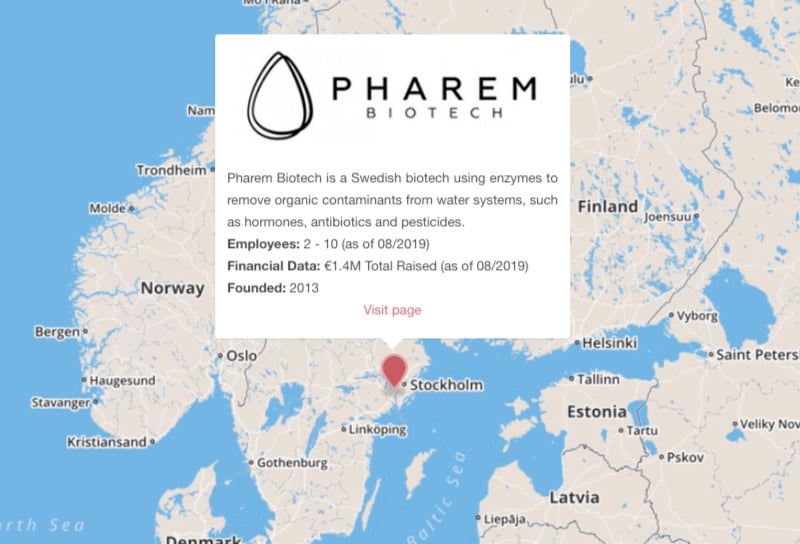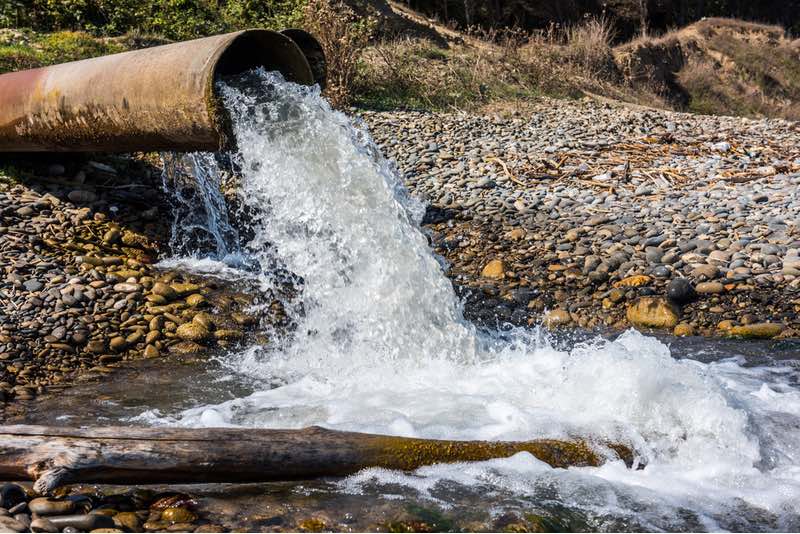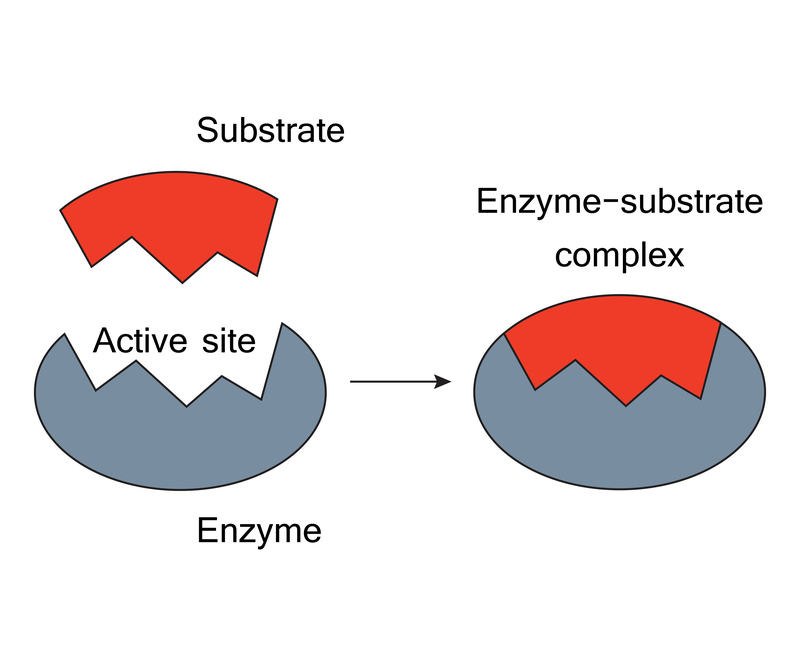We’re visiting Uppsala, Sweden, this week. This city is home to Pharem Biotech, a company developing enzymes to break down drug residues contaminating wastewater.

Mission: To remove drug residue from sewage water by developing enzymes that are modified to be 200 times more effective than natural enzymes. This technology could reduce the ecological and health risks caused by these drugs entering the environment.
You may not realize it, but the dirty water that we flush down the drain every day can cause serious problems to the environment. Although wastewater treatment plants remove a large amount of water pollution before it enters the environment, most plants aren’t designed to filter pharmaceutical pollutants. These drug residues end up damaging wildlife, such as by causing sex problems in fish.
“Even if wastewater treatment plants have some effect today, the release of organic micropollutants is too high for nature to handle,” Christian Ryen, the company’s COO, told me.
Pharem Biotech aims to solve this problem by developing enzymes that break down organic pollutants in the water. Because enzymes are very selective about which chemicals they break down, Pharem first identifies which chemicals a client wants removed from their wastewater in a tailored approach. The company then screens libraries of enzymes to find which ones can break down the chemical, and then modifies the best candidates to make them up to 200 times more effective.

Once the enzyme is ready to use, Pharem traps the proteins inside a column which the wastewater flows through. Using this technology, the enzymes aren’t lost in the water, and the system can be installed on the client’s water treatment site.
Founded in 2013, Pharem’s enzyme-based water treatment systems are already on the market for industrial and municipal waste treatment plants. The company has also received a €2M grant injection from the EU to help it develop the technology further, with the target of reaching €34M in revenue by 2020.
What we think:
If this technology becomes widely adopted, then it could help prevent many ecological problems caused by drugs in wastewater. The enzymes could also reduce residues of antibiotics which are entering wastewater and potentially worsening the antibiotic resistance crisis.
In the long term, this technology could make it easier for companies to recycle wastewater for use in agriculture and drinking water. Recycling wastewater has historically been unpalatable due to contamination concerns, so this could help society to become more sustainable.
Enzymes are attractive solutions for water pollution because they are highly specific to the pollutants in question, causing fewer problems than non-specific chemical treatments. The German biotech BioCat offers enzymes and bacteria that break down sewage. The Danish company Novozymes also specializes in using enzymes in applications such as treating wastewater. Ryen is confident that Pharem stands out because it combines enzyme development with engineering the cleaning systems.

“Our approach stretches from how we develop our enzymes for use in our applications to application design and ultimately to our business models,” he said. “As far as we know, we are unique when it comes to using enzymes the way we do it to treat organic micropollutants.”
The pressing problem of drugs entering wastewater has prompted the EU to action, and it is staging talks to tackle the problem. This means that demand will likely increase for better wastewater treatment technology, and companies like Pharem will hopefully be able to capitalize on this trend.
Images from Shutterstock





